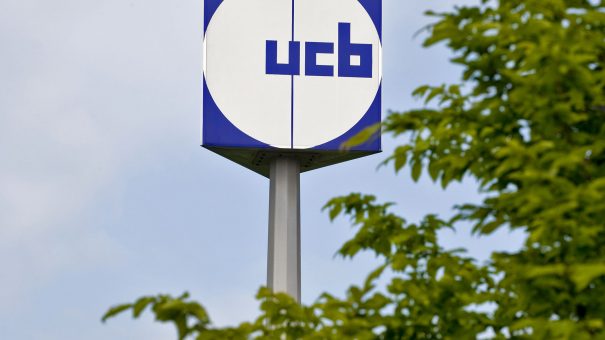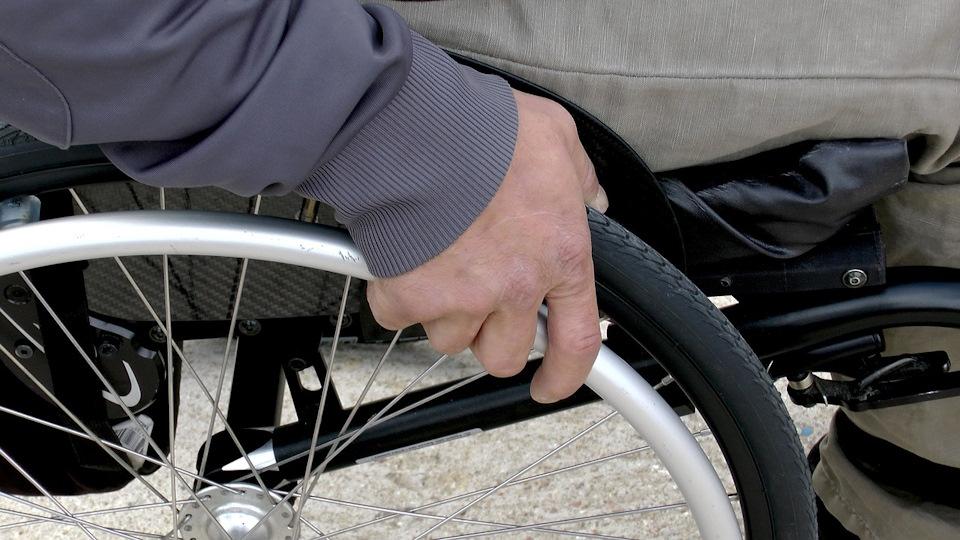UCB chases after Argenx with FcRN drug for myasthenia gravis

UCB has the positive result it was hoping for in its phase 3 trial of anti-neonatal FC receptor (FcRn) antibody rozanolixizumab for autoimmune disease generalised myasthenia gravis (gMG), setting up regulatory filings next year.
The MycarinG study met its primary endpoint, demonstrating a "statistically significant and clinically meaningful" improvement from baseline in the myasthenia gravis-activities of daily living (MG-ADL) score, said the Belgian drugmaker.
The readout puts UCB in hot pursuit of rival Argenx and its efgartigimod drug, an FcRn-targeting antibody fragment drug that has already been filed for approval in the US, Europe and Japan, with an FDA verdict due in the coming days.
UCB hasn't revealed the results of MycarinG, but has said previously that it thinks a two-point or greater improvement on the MG-ADL scale would be clinically relevant.
In Argenx' ADAPT trial, almost 68% of patients treated with efgartigimod had a two-point or greater improvement, making them responders according to the protocol, compared to just under 30% of the placebo group.
UCB has said it expects to start regulatory filings for rozanolixizumab in the third quarter of next year, so Argenx looks set to have a lead of a year or two at least over its rival. It is hoping for a verdict from Japan's regulatory authority in the first quarter of 2022, and from the EU in the second quarter.
Rozanolixizumab could have one advantage over efgartigimod in that it is administered subcutaneously rather than intravenously, although Argenx is working on an injectable version.
There's other competition looming in the FcRn category as well, from AstraZeneca/Alexion – already a big player in gMG with complement C5 inhibitors Soliris (eculizumab) – as well as Johnson & Johnson/Momenta and ImmunoVent.
The interest in FcRn drugs stems from the broad range of autoimmune diseases they may be able to address, which could collectively represent a multibillion-dollar market.
The aim is to lower immunoglobulin G (IgG) antibodies that are being misdirected to target healthy tissues, a common feature of a number of diseases and according to analysts at SVB Leerink a market that could be worth $20 billion-plus.
UCB meanwhile also has another candidate in late-stage testing for gMG, a complement C5 inhibitor called zilucoplan that it acquired via its takeover of Ra Pharma in 2019. Preliminary results from UCB's phase 3 RAISE study are expected in the coming weeks.












